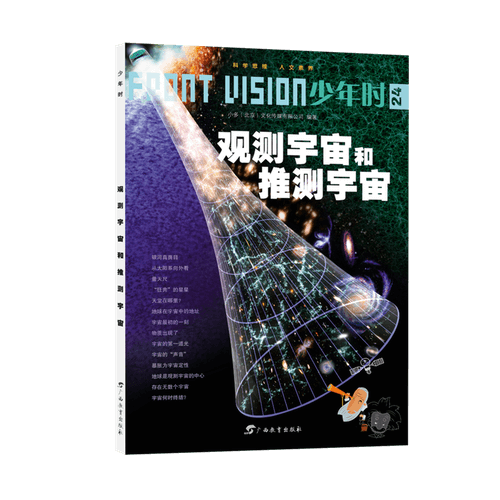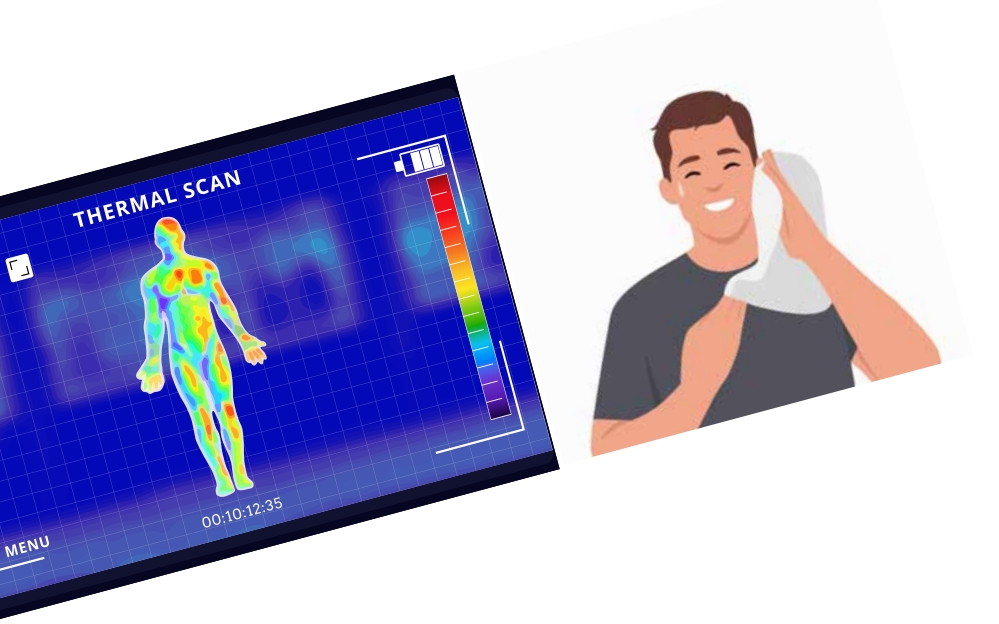从人体中获取能量
Which generates more energy, your body or a 60-watt light bulb? You may be surprised to learn that the answer is your body. While sleeping or resting, a human body generates about one hundred watts of power just to stay alive. During exercise, that amount can jump as high as three hundred to four hundred watts. If you do nothing for an entire day, your body will churn through about 2.3 kWh of energy. (An average US home uses 30 kWh per day).









